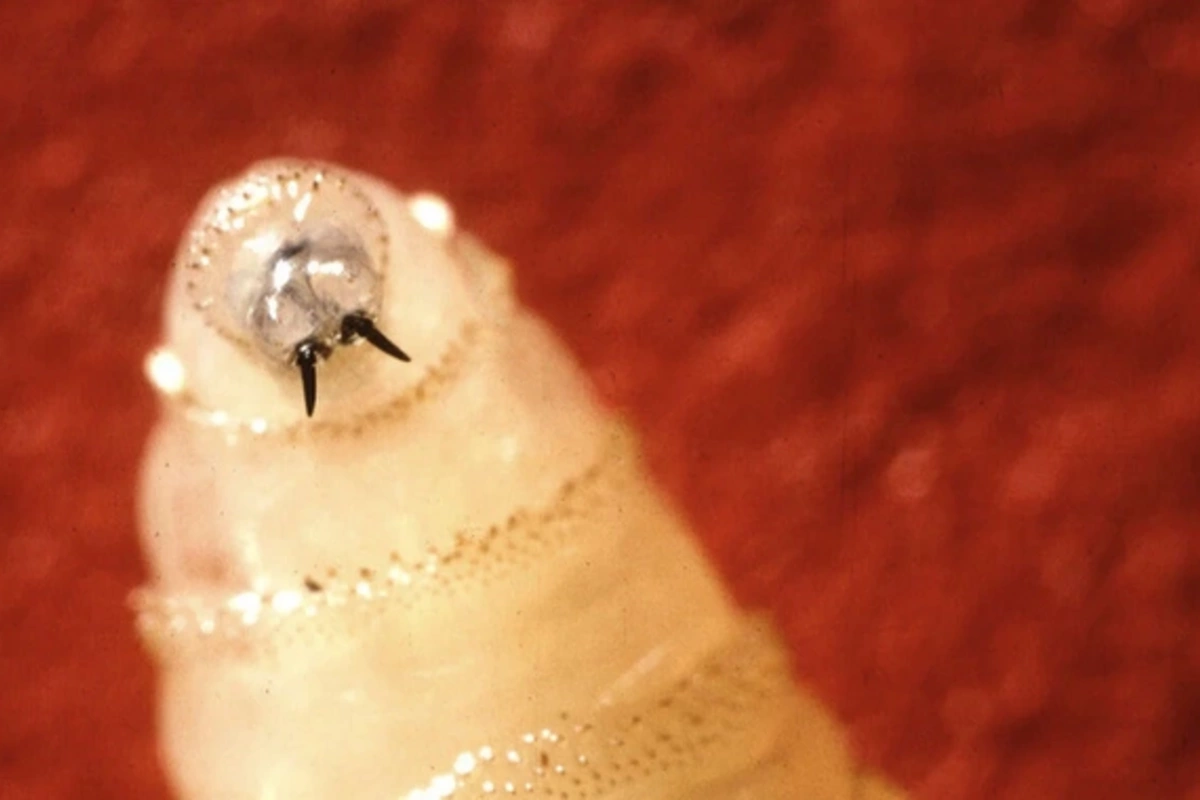02 Jul , 19:25
0

US launches air operation: billions of sterile flies will be dropped over Mexico and Texas to combat dangerous parasite. The large-scale project aims to protect livestock and wildlife from a deadly threat - the screwworm fly, whose larvae feed on living tissue. This is reported by The Associated Press (AP).
The US Department of Agriculture is deploying an ambitious program: mass breeding of male flies, sterilizing them using radiation, and subsequently releasing them into the natural environment. Sterile males, mating with wild females, will not produce offspring, which will lead to the gradual extinction of the dangerous parasite population. Scientists emphasize that this method is significantly more environmentally friendly and effective than using chemical poisons.
It's worth noting that such a strategy has already proven its effectiveness: mass releases of sterilized flies from aircraft helped completely eradicate this pest in the US and countries north of Panama several decades ago. However, an alarming signal sounded in late 2023, when the screwworm fly was again detected in southern Mexico.
The scientific community is actively preparing for the confrontation: a new fly breeding plant is planned to open in southern Mexico by July 2026 and a distribution center in Texas by the end of this year. If necessary, the US will import sterile flies from a Panamanian plant capable of producing up to 117 million specimens weekly, although at least 400 million flies per week are required for effective control.
The special danger of this parasite lies in its unique behavior: unlike most flies that feed on decomposing tissues, the screwworm fly lays eggs in open wounds or mucous membranes of living warm-blooded animals, including humans. The hatched larvae literally devour flesh from the inside.
"A thousand-pound cow can die within two weeks," warns Michael Bailey from the American Veterinary Association.
Researchers note that the technologies for sterilizing flies and their mass distribution are considered one of the greatest achievements of American agricultural science, but caution against premature closure of production facilities even after complete eradication of the pest.
"What we consider completely defeated can always return," emphasized University of Florida professor Edwin Burgess.